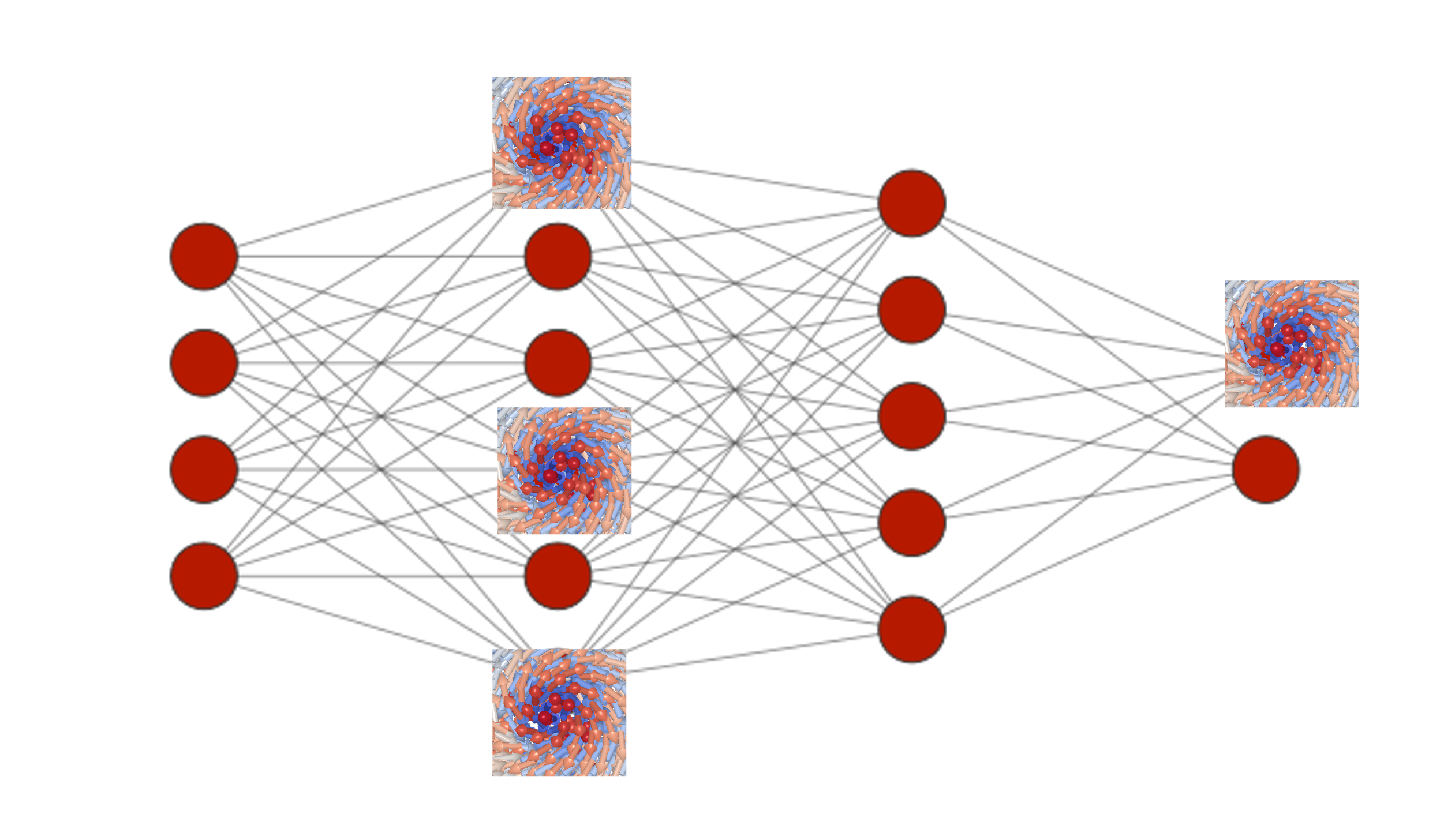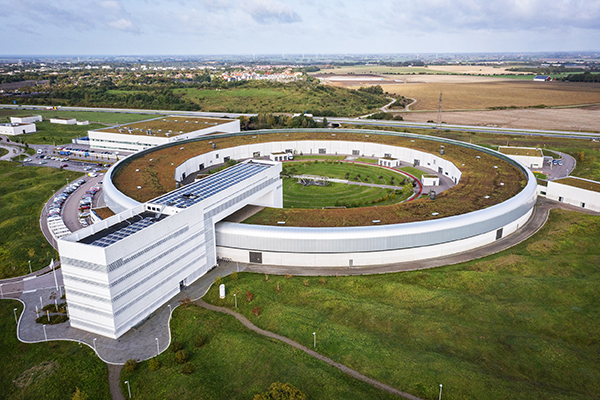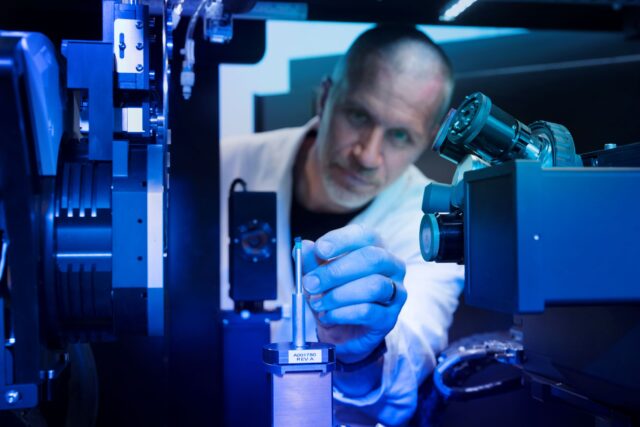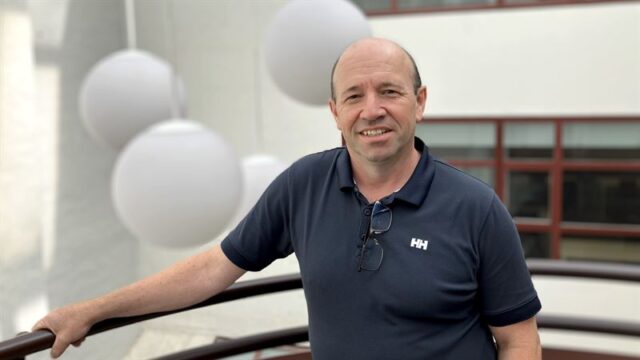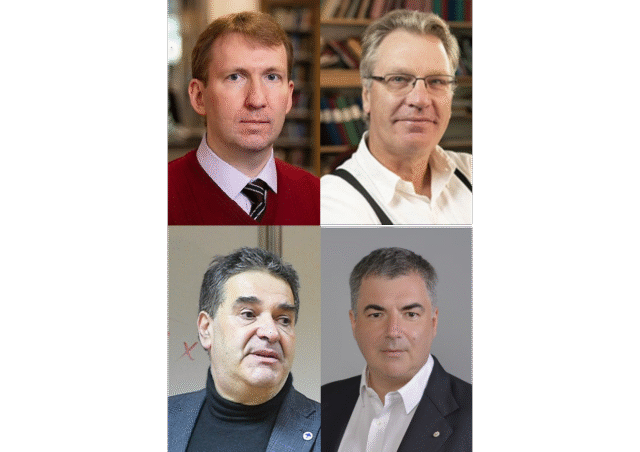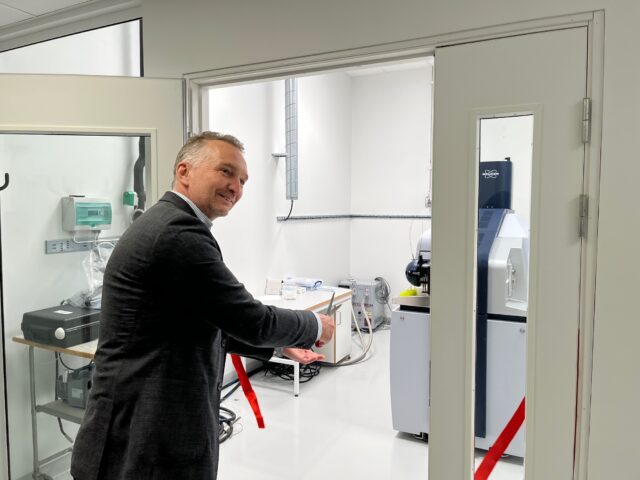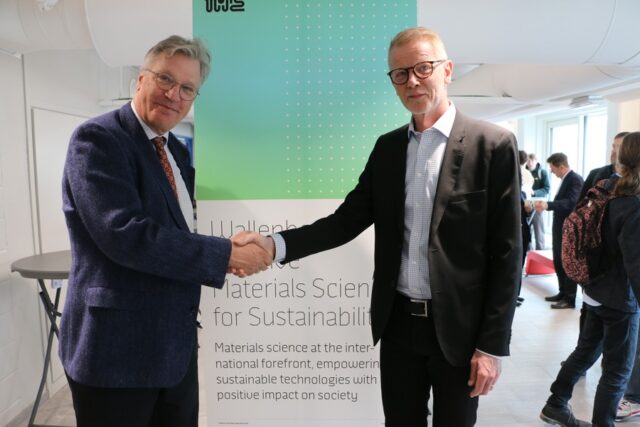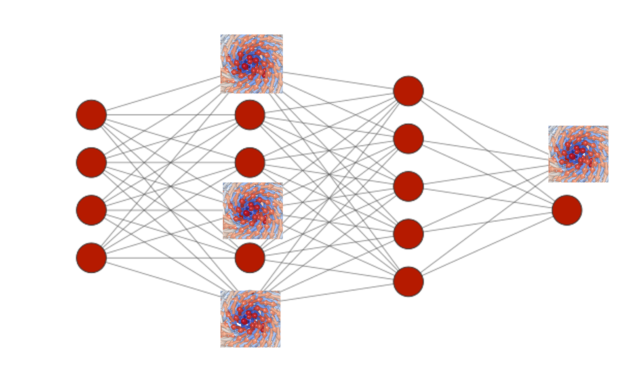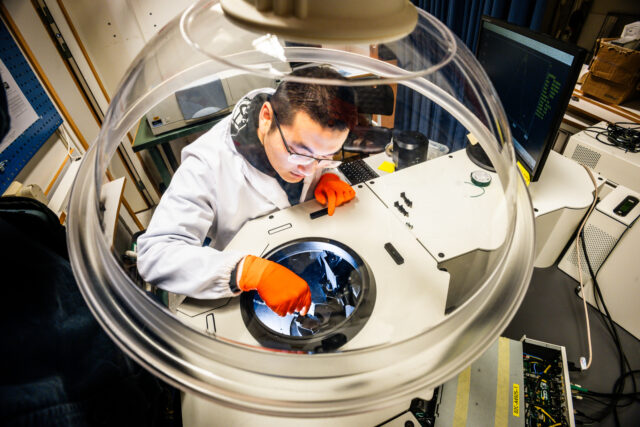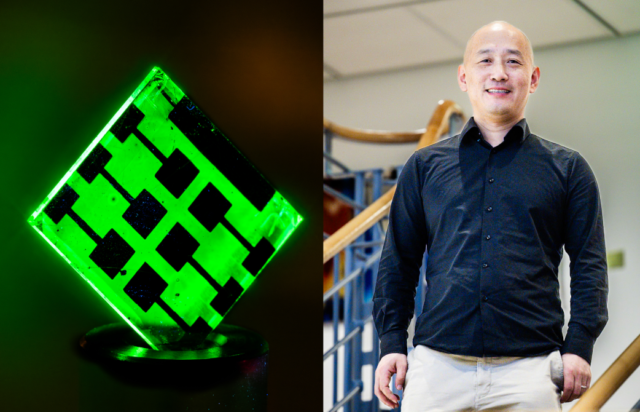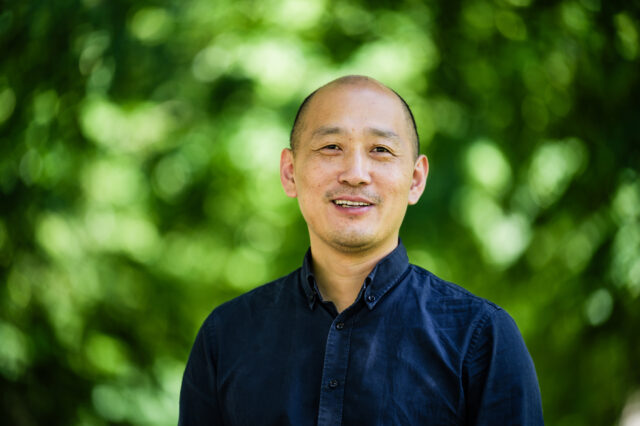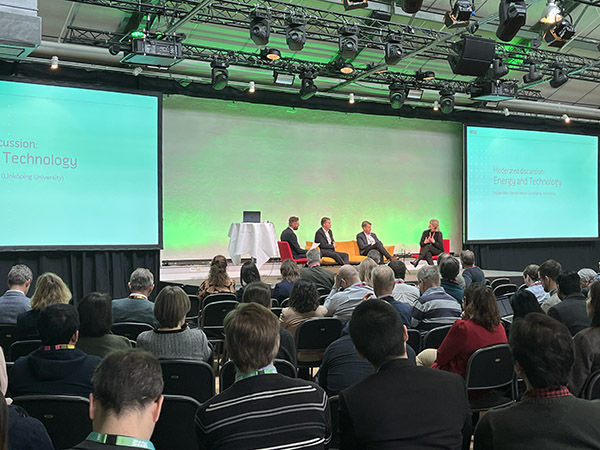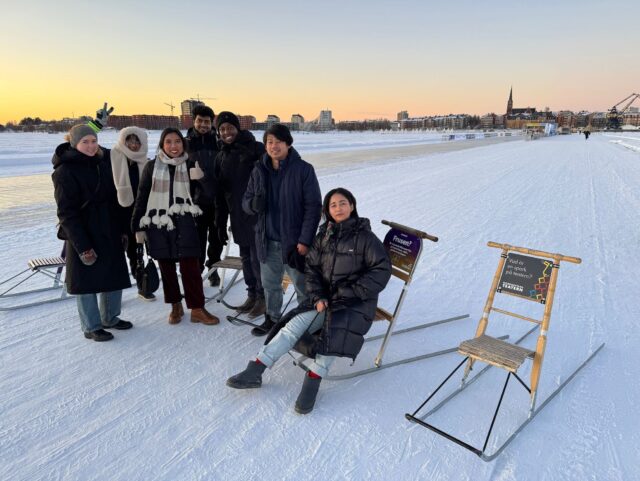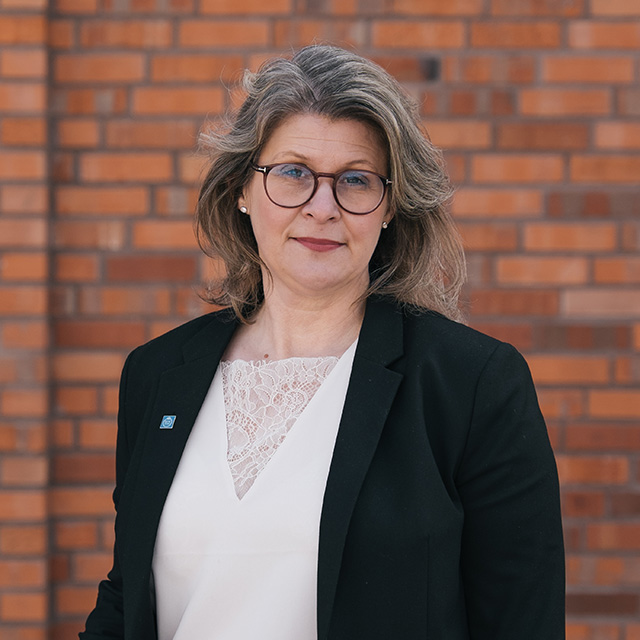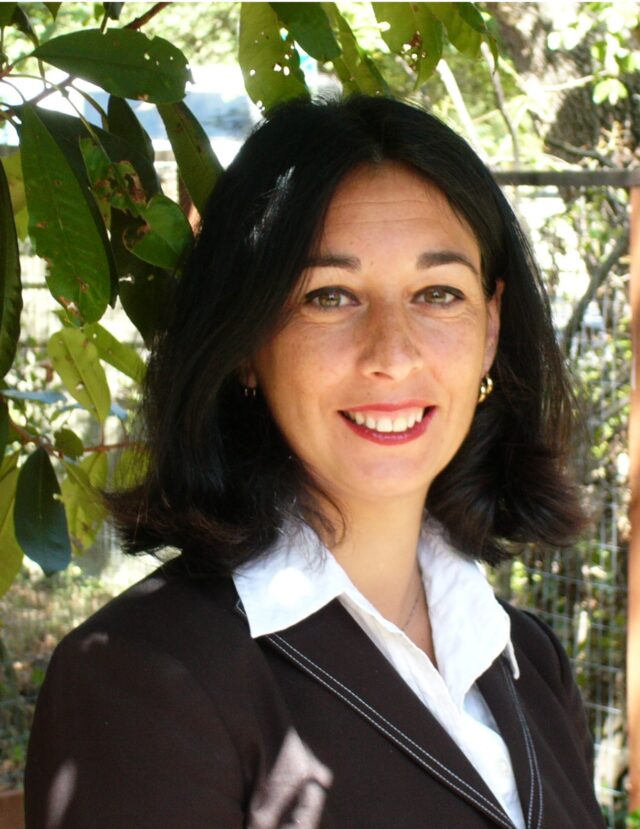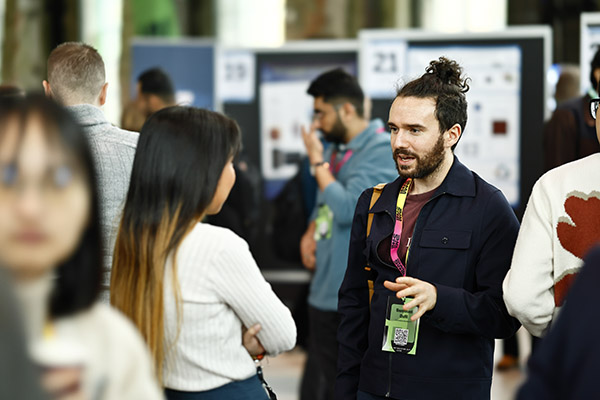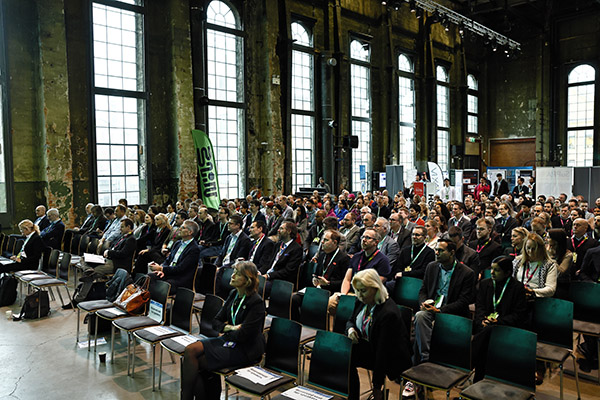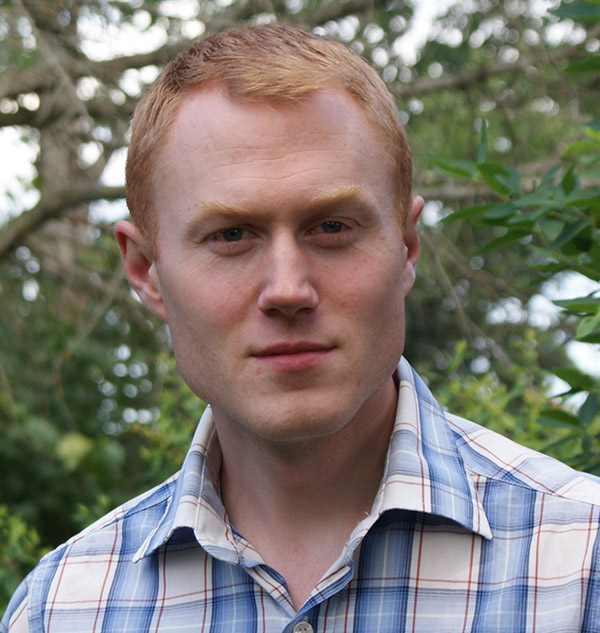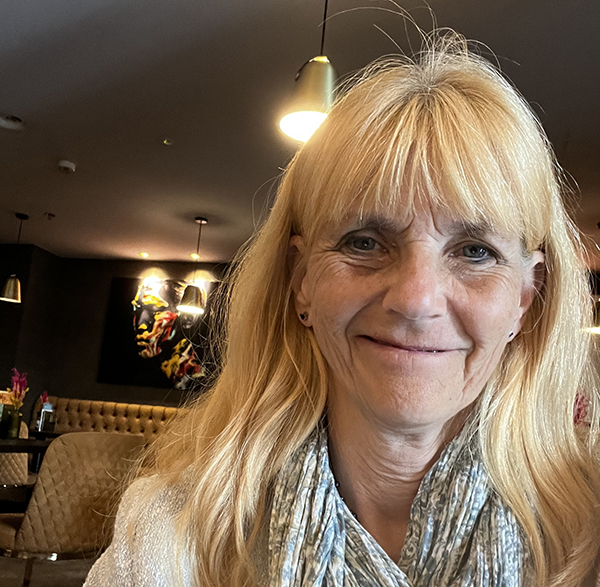After the impressive success of the first session in the “Machine Learning Meets Materials Science” seminar series, WISE researcher Maryna Pankratova from Uppsala University is pleased to announce the second seminar in the series on May 30th at 10:00 AM via Zoom.
This initiative, connected to the WISE-WASP call, aims to foster collaboration between researchers in materials science and machine learning. Each seminar in the series will feature perspectives from both fields.
-We are very excited to start this seminar series to bring together researchers from these two fields. Our goal is to encourage new collaborations and facilitate interactions for multidisciplinary and sustainable research, explains Maryna, a WISE researcher at the Department of Physics and Astronomy, Materials Theory at Uppsala University.
This second seminar will feature two distinguished speakers: Senior Lecturer Hugo U. R. Strand from the School of Science and Technology at Örebro University, and Associate Professor Saikat Chatterjee from the Department of Information Science and Engineering, School of Electrical Engineering and Computer Science at KTH, and a Fellow of Digital Futures.
Senior Lecturer Hugo Strand will present “Machine Learning with Matrix and Tensor Cross Interpolation for Open Quantum Systems,” while Associate Professor Chatterjee will explore the question “What is Intelligence?” in his presentation on machine learning. Abstracts for both talks can be found below.
Everyone is warmly welcome to participate!
IMPORTANT INFORMATION
When: May 30, 2024, 10:00 AM Stockholm
Where: Zoom Meeting https://uu-se.zoom.us/j/63963766434
Meeting ID: 639 6376 6434
Senior Lecturer Strand’s abstract:
The decoherence in open quantum mechanical systems, connected to an environment, is central for both quantum computing and quantum materials. When simulated on classical hardware this give rise to a class of machine learning problems, with perfect data and exponentially large dimensions. I will discuss how the rank revealing techniques, matrix and tensor cross interpolation, have enabled us to make progress in this context.
Assoc. Prof. Chatterjee’s abstract:
Perhaps the success of Deep Neural Networks or Deep Learning led to the current high interest in Artificial Intelligence systems. Deep Learning shown a remarkable performance for object recognition (Image processing or computer vision), speech and language processing (natural language processing) – the two most important tasks that require intelligence and hence human are good at those two tasks. All of you know ChatGPT success. Now, in this seminar, we will go through some experiments (as a bachelor thesis project) and try to feel what ‘intelligence’ means. It is Ok to be bit interactive over Zoom because audience has to take part in the experiments.
